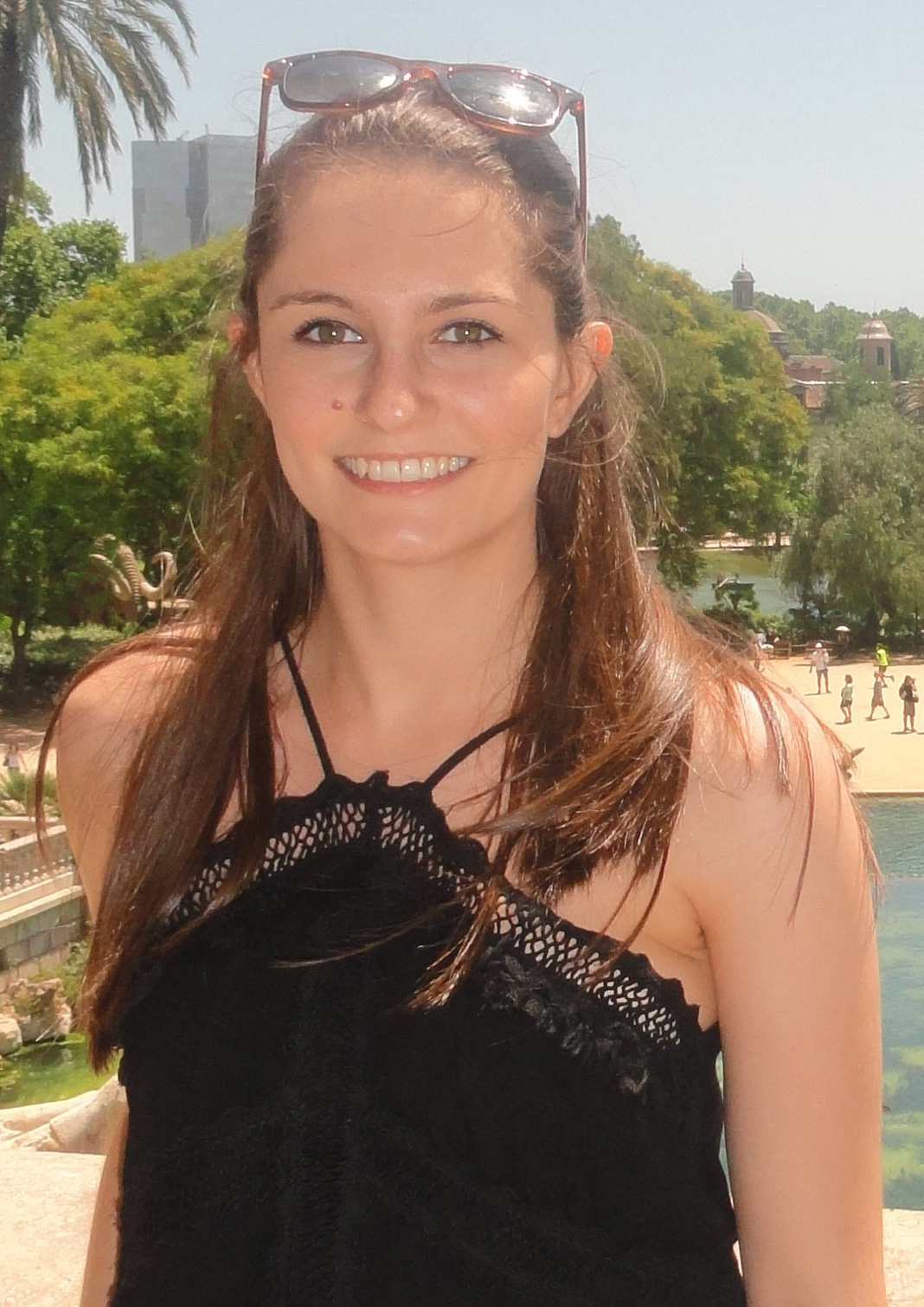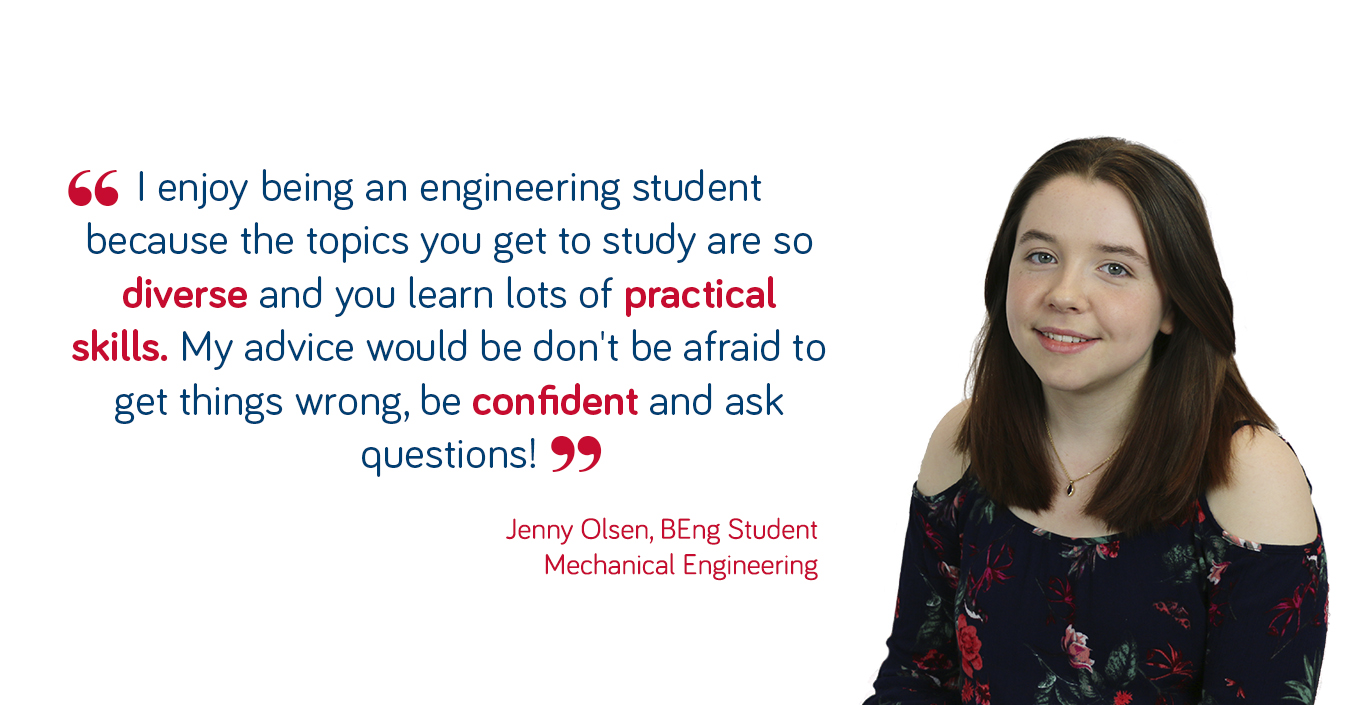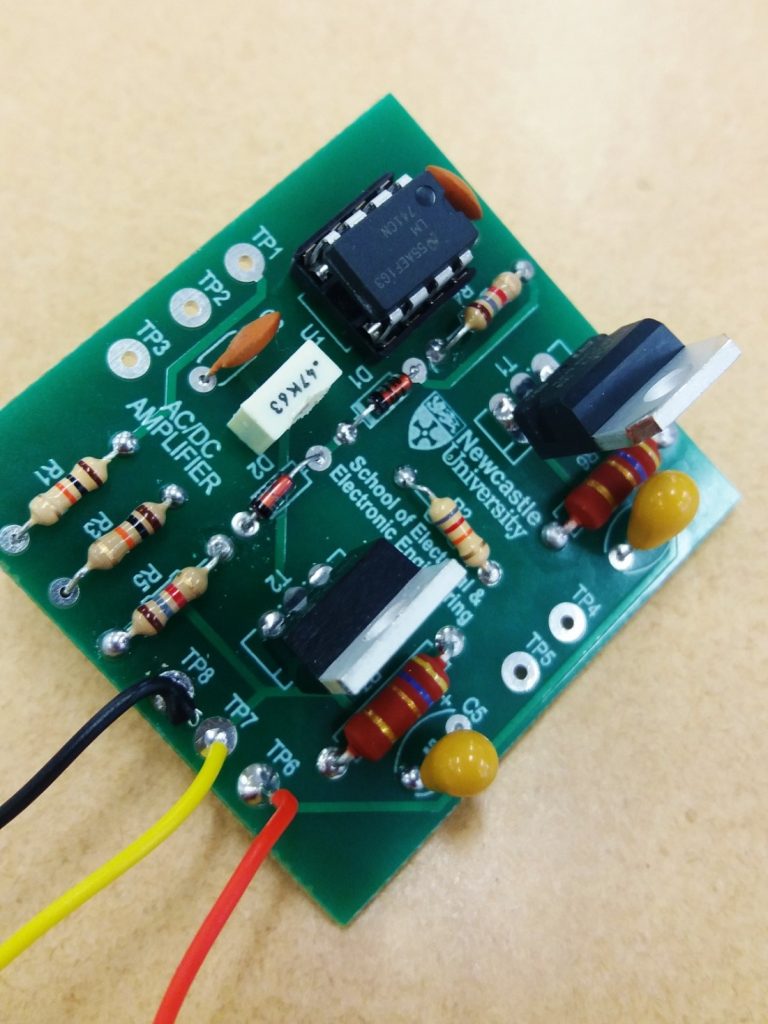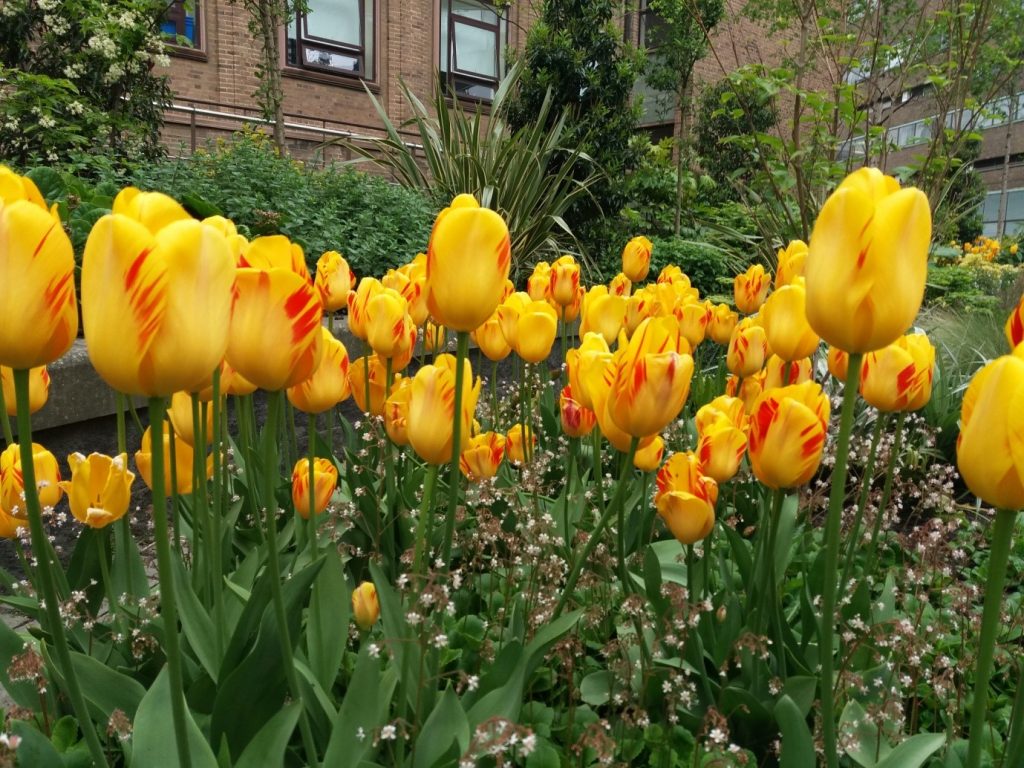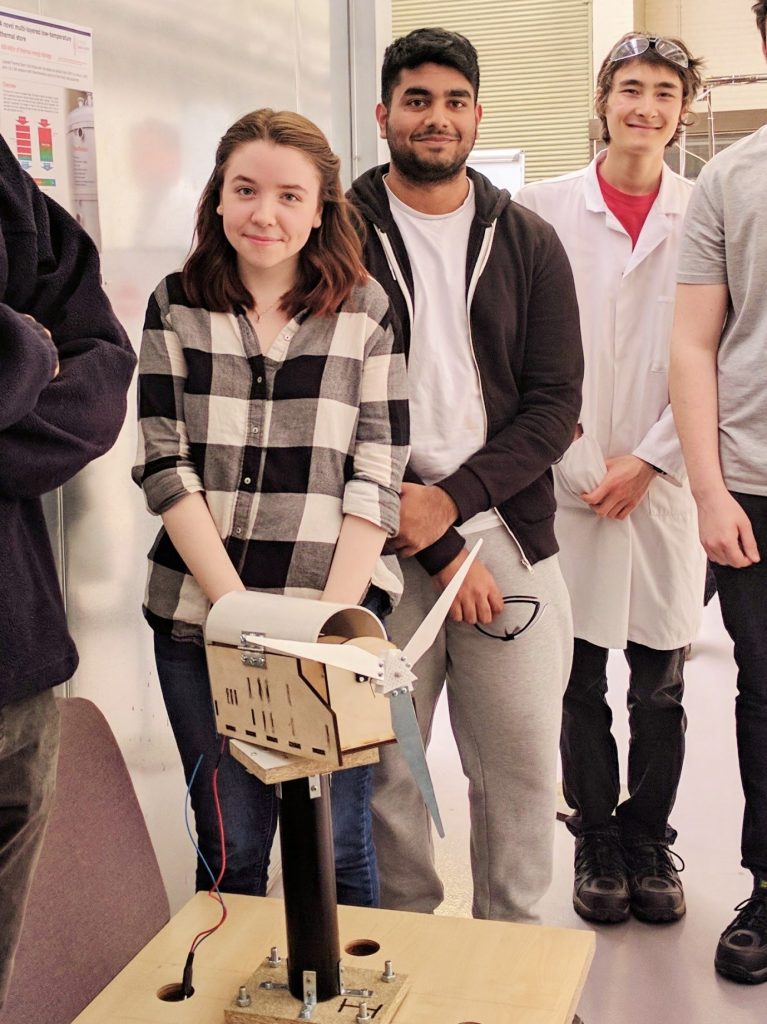Today we are featuring a guest post from Jun Wei Fan – a naval architecture student who tells us about his experience with the Newcastle University Marine Projects Society.
rover (noun) a person who spends their time wandering
Towards the end of my first academic year, I found myself wondering – how do I make my time in university more fulfilling? It felt as though there was just something lacking from my life. Lost, I was. That was until I made an impromptu decision to run for President of the Newcastle University Marine Projects Society, succeeding and becoming Team Captain of the Newcastle University ROVers. Perhaps it’s no mere coincidence that I joined the ROVers to both start and stop roving – as in start building ROVs and stop wandering around aimlessly like a lost soul.
At this point, the unacquainted might be puzzled. What’s a ROV? Who are the ROVers? Well, simply put, the Newcastle University ROVers is a competitive team comprising members of the Newcastle University Marine Projects Society coming together to build a Remotely Operated Vehicle (ROV).
We started off with our roots within the Marine, Offshore and Subsea Technology group. Initially, the competitions we partook in were very marine-centric and teams comprised of only Marine Technology students, but in the years since, we’ve evolved to take on bigger, more challenging projects. In line with the new integrated School of Engineering, and the Head of School’s (Prof. Phil Taylor) encouragement of interdisciplinary projects, the Marine Projects Society now cherishes the benefits of working in multidisciplinary teams. This has allowed us to harness the full potential of each member from the various field of engineering! Rather than having marine tech students attempting to do everything from ground up, we are now able to draw upon the expertise of students from computing/electrical/mechanical/etc., accomplishing more at a faster pace.
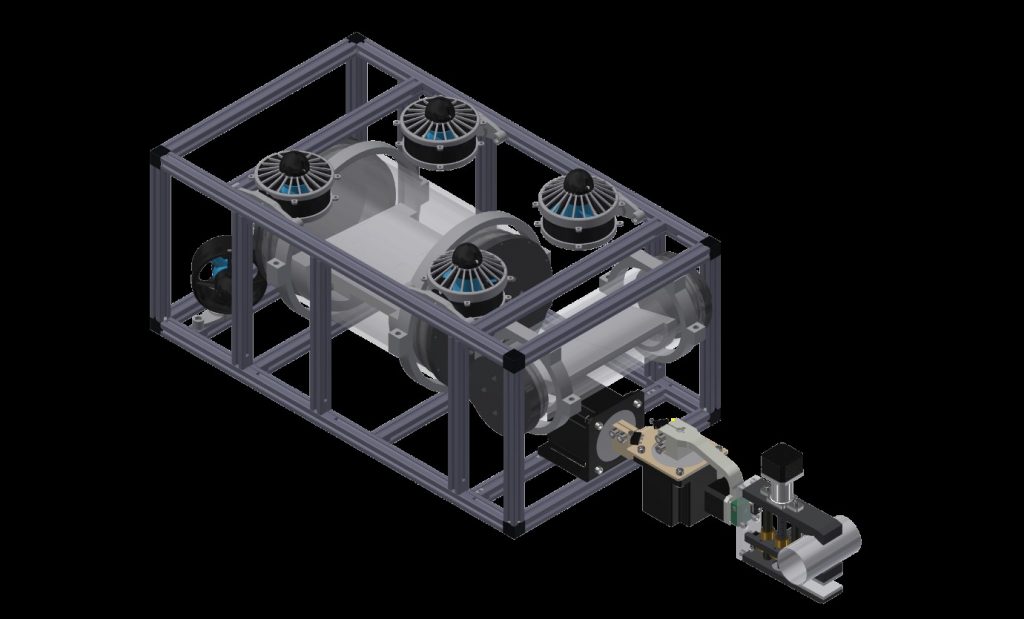
In the outside world, employers expect graduates to work in interdisciplinary teams, leveraging on the complementary skill sets of each individual. In university however, us students are, more often than not, confined to working within our respective courses. And that is why the Marine Projects Society has embraced Prof. Taylor’s vision for a truly integrated School of Engineering, with students and faculty working seamlessly across disciplines to produce ground-breaking solutions.
Joining the society has given me the unique opportunity to experience what it’s like to work with other engineers and to understand their concerns; and working on the ROV project has forced me to take a broader view of matters at hand. In the past year, I’ve learnt how to fully consider the different aspects of an engineering project and as Captain, I’ve had to balance conflicting demands from the different sub-teams (electrical, marine, mechanical, systems) to achieve the optimum solution for the ROV.

The ROV project has also taught me many valuable skills and lessons – things which you’ll find hard-pressed to pick up in your daily lectures – but most importantly, it has allowed me to become a practical engineer. Theory is indeed important and as engineers, when we set out to design something, we too rely on theoretical knowledge to produce an initial design. But you’ll find that many things often work theoretically and yet fail in reality. It’s all too easy to get caught up in the notion of producing the perfect design.
Realistically speaking however, a number of different factors will hinder one’s ability to achieve that grandeur. Budget, size, material availability, these are all limitations that affected us while designing & building the ROV – and these challenges will differ from project to project! But learning how to work within and around these constraints has allowed all of us to become better engineers, engineers who are not just tied down by theory but are capable of thinking on our feet, adapting to changing circumstances.

One of the reasons why we chose to embark on this ROV project is the unique set of challenges associated with designing something for prolonged operation in water. Water is a harsh and unforgiving environment, something us Marine Tech students will gladly tell you all about. It’s also common knowledge that water and electricity don’t mix well, which is why our team spent considerable efforts to make sure everything was watertight, and waterproof where we were unable to keep water out. This involved extensive use of O-Rings, silicon grease, stinky epoxy, coating of exposed elements with resin, and slathering sealing points with more disgusting pump grease than we’d like to admit. All that was critical in ensuring that no water could come into contact with electricity for risk of rendering the entire water body live and electrocuting ourselves.

But all that would not have been possible without a few key people. Having a dedicated advisor to guide us on this project was vital in ensuring that we could come as far as we did. Dr Maryam Haroutunian went above and beyond in her role, always setting aside time to advise us and listen to our updates and to join us on testing sessions. She even came back to the labs on a weekend just so we could drop the ROV into the water for ballasting and test runs!
We also have the hydrolabs team to thank for helping us with the more technical construction aspects and for tolerating us. Special mention goes to Bob Hindhaugh and Ian Howard-Row for their continued support in allowing us to use the hydrodynamics laboratory’s facilities and for offering insights from their wealth of experience, and for allowing us the freedom to exercise our creativity even when you know some ideas might not work out ultimately.

But, it’s not just all work and no fun! (although work can be equally fun if you’re passionate about it) Members of the Marine Projects Society also had the unique chance to interact with the industry. The society hosted a talk by Nick Ridley, Principal Engineer of Soil Machine Dynamics (SMD), and we also got the chance to visit SMD for a site tour and see how they build ROVs up close. Both the talk and the trip gave our team some inspiration and guidance on designing ROVs, and was a delightful experience for all whom attended!


Throughout this amazing journey, our team has gained valuable experience and knowledge that we now treasure deeply. Armed with this, we’re looking forward to the academic year 2018/19, where we hope to take the society to greater heights! In the pipeline are projects such as the ROV2.0 and other exciting (but still pending) ideas such as a Solar Car/Boat. It is our greatest wish that many new engineers will join us for a thrilling year of roving!
ROV Testing Session For myself, I’m equally exhilarated about starting on Stage 3 – a year where we begin to specialise in more advanced Naval Architecture concepts and reinforce our fundamentals through design projects and more. If anything, working on the ROV project has enhanced my desire to master not just the relevant technical know-how but also the interpersonal skills necessary for working on interdisciplinary projects after graduation! That is something I feel all Engineers should possess!
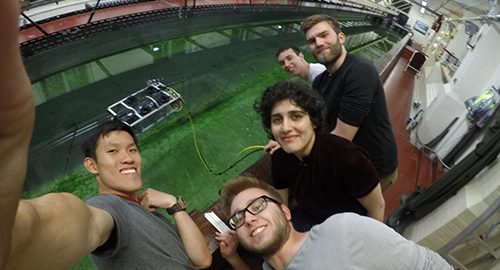
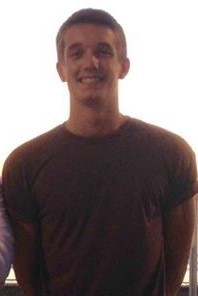 Stage 1
Stage 1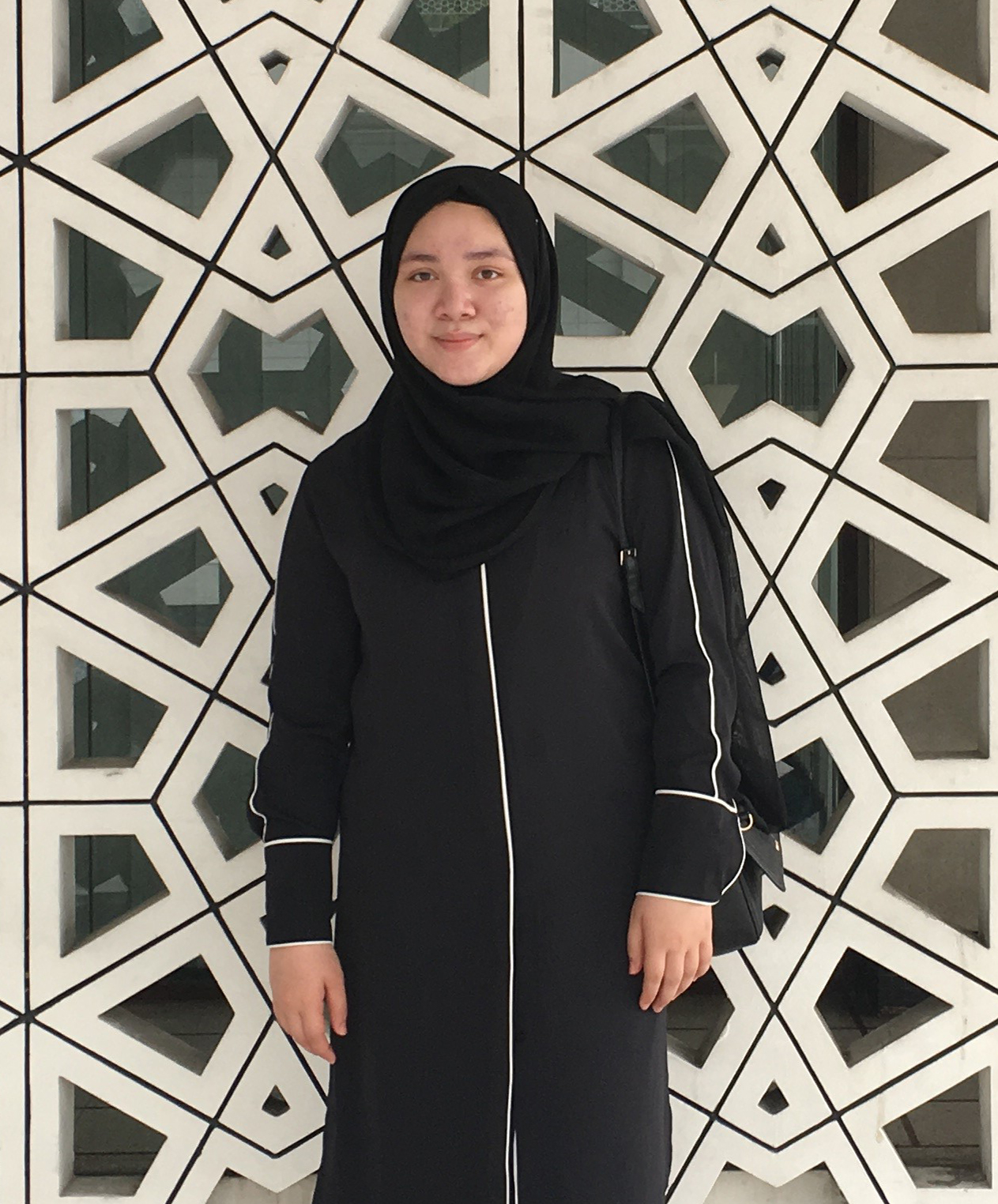 Stage 2 is different to stage 1 as there are less lectures to attend but more work to be done outside; in particular, group work. You also have more design modules as opposed to just learning mostly theory like in stage 1. For me, I did spend a lot more time studying outside of class to try and understand these concepts, so I do have to organise my time well. I usually volunteer on Sunday to give myself a break from doing University work.
Stage 2 is different to stage 1 as there are less lectures to attend but more work to be done outside; in particular, group work. You also have more design modules as opposed to just learning mostly theory like in stage 1. For me, I did spend a lot more time studying outside of class to try and understand these concepts, so I do have to organise my time well. I usually volunteer on Sunday to give myself a break from doing University work.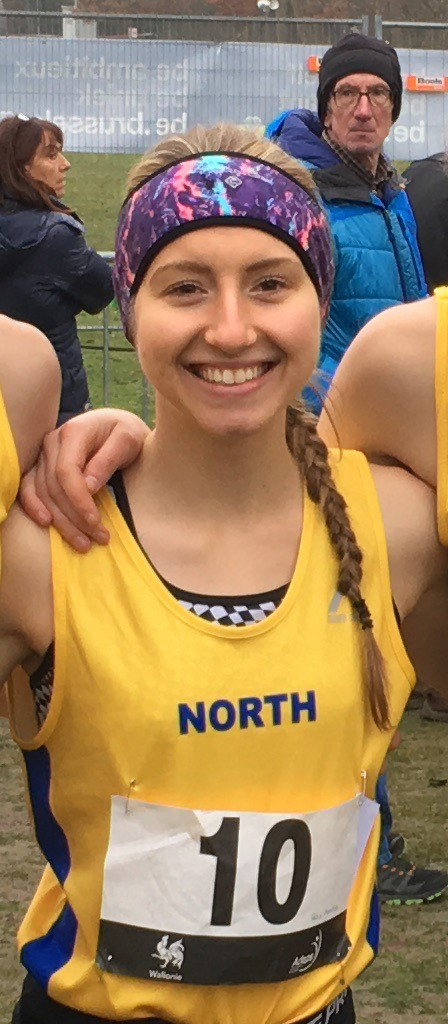 Being surrounded by other students in halls with less contact hours didn’t phase me and I didn’t feel I missed out. If I wanted to go out, I could often manage one night a week, which I found was enough for me. I would always choose the sport night on a Wednesday as this allowed me to see my running friends as well as my flatmates. My flatmates would often go out more than this, but my halls were so big that there were other chemical engineers nearby that wouldn’t be going out, and there is something quite satisfying about seeing them hungover and missing out on a free breakfast when you wake up feeling fine.
Being surrounded by other students in halls with less contact hours didn’t phase me and I didn’t feel I missed out. If I wanted to go out, I could often manage one night a week, which I found was enough for me. I would always choose the sport night on a Wednesday as this allowed me to see my running friends as well as my flatmates. My flatmates would often go out more than this, but my halls were so big that there were other chemical engineers nearby that wouldn’t be going out, and there is something quite satisfying about seeing them hungover and missing out on a free breakfast when you wake up feeling fine.
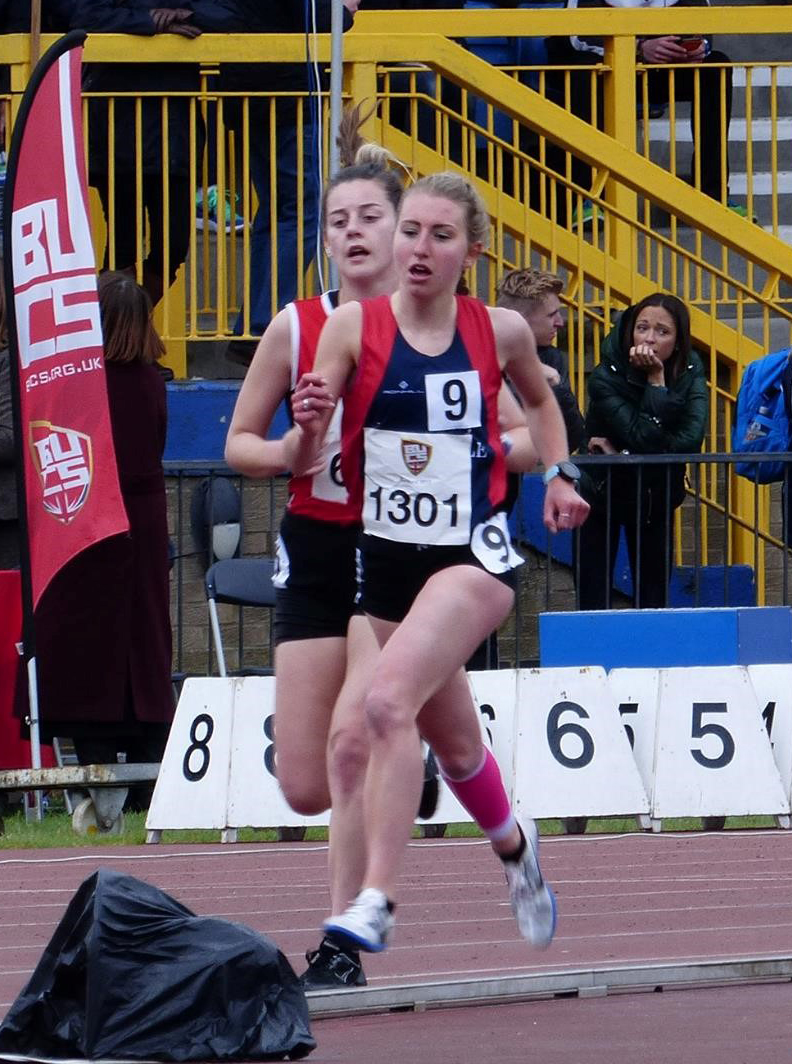
 I have many hobbies and am part of eight societies Newcastle University and one club this year. That includes: 20-minute, Archery, Doctor Who, Game of Thrones, GigSoc, NerdSoc, RAG, Vegan & Vegetarian, and WetSoc. As well as this, this year, I have taken part in Fresher’s Crew, written for the Tab, and am working towards my NCL+ Careers award. I have three part time jobs, which include being a Student Ambassador, Private Tutoring, and being part of the Universities Northumbrian Naval Unit.
I have many hobbies and am part of eight societies Newcastle University and one club this year. That includes: 20-minute, Archery, Doctor Who, Game of Thrones, GigSoc, NerdSoc, RAG, Vegan & Vegetarian, and WetSoc. As well as this, this year, I have taken part in Fresher’s Crew, written for the Tab, and am working towards my NCL+ Careers award. I have three part time jobs, which include being a Student Ambassador, Private Tutoring, and being part of the Universities Northumbrian Naval Unit.